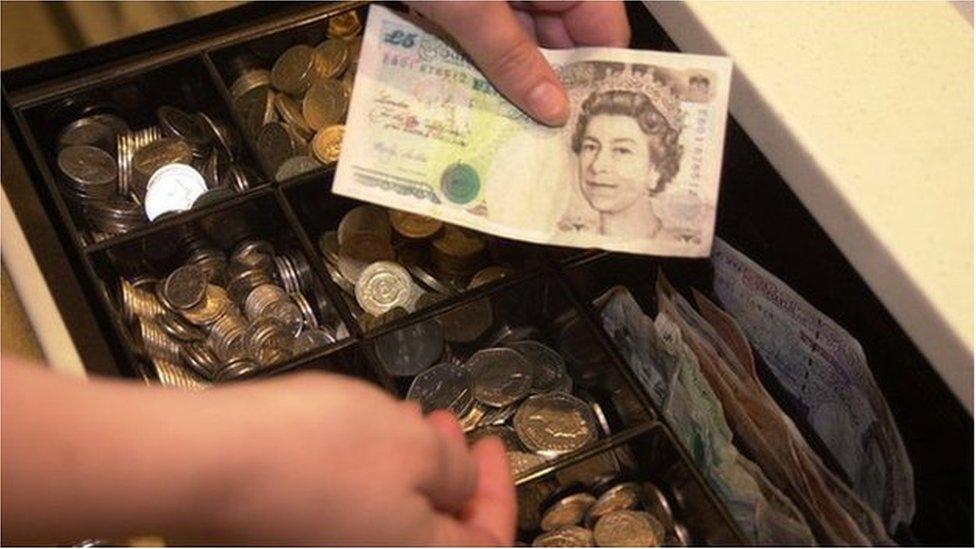UK economy: George Osborne's warnings explained
- Published
Chancellor George Osborne has warned that 2016 looks like serving up a "dangerous cocktail" that needs to be carefully avoided to ensure the UK economy is not left unsteady on its feet.
What - according to the chancellor - are the key ingredients of this cocktail?

Danger! The slowing global economy
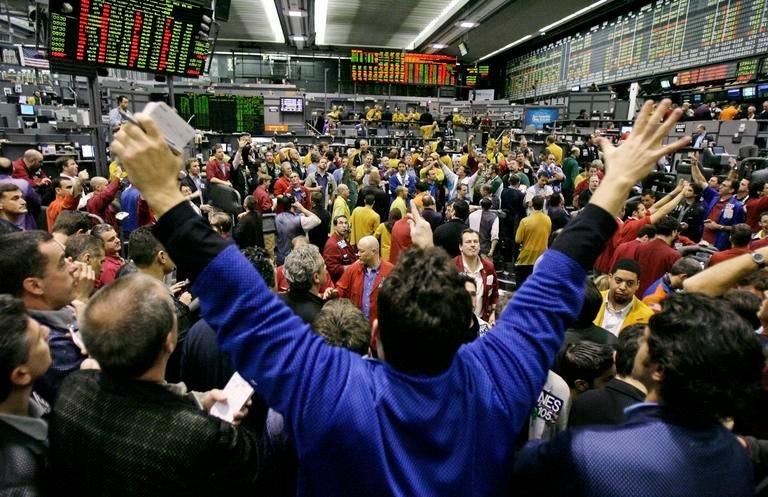
Global stock markets, led by China, have fallen sharply at the start of the new year
If you listen to the welter of weighty analysis and surveys, you'll be fairly convinced by now that 2016 will see global economies stumble compared to more recent times.
The World Bank said on Wednesday it had revised its forecast for the global economy to expand by 2.9% this year. Just last summer, it was predicting 3.3%.
The OECD has forecast a similarly gloomy global outlook for 2016, citing "doubts about future potential growth".
And legendary US billionaire investor George Soros has warned that 2016 could see a global financial crisis on a similar scale to that which triggered the dramatic global downturn eight years ago. And this is the man who warned that we should all sit up and take notice of what was going on in Greece.
But that's the world as a whole. Wasn't the UK the second fastest growing western economy last year?
Isn't it the place the Daily Telegraph proudly reported , externalwas on track to become the world's fourth largest economy, leaving France and Germany floundering in its wake?
The BBC's economics editor Kamal Ahmed explains: "There is an issue of how much it is for Britain to work on its own economy and make its own economy successful, and how Britain is interconnected to the rest of the world.
"There is some stuff here in Britain that is a problem but the chancellor is saying that the global economy - these big macro trends - are the ones that will affect how we perform."

Danger! China
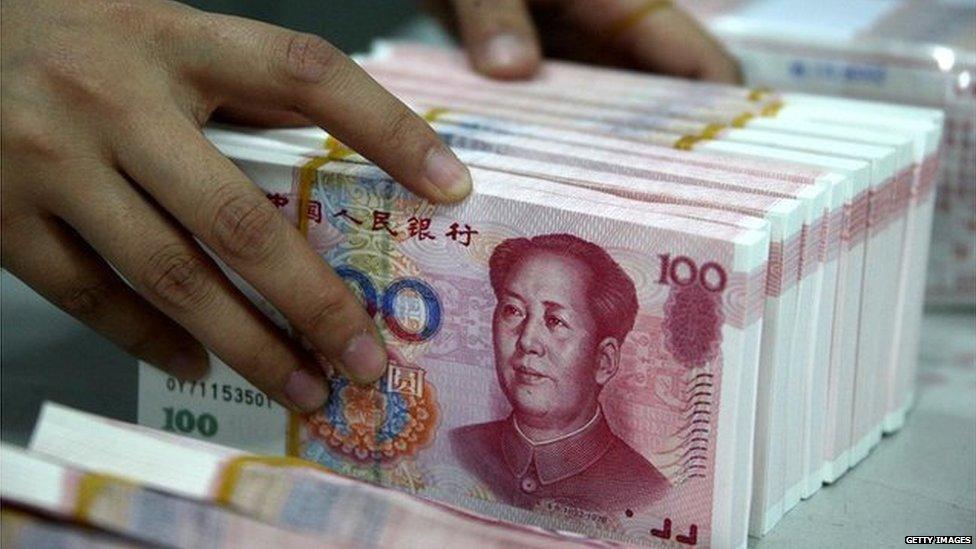
Chinese economic growth has slowed dramatically in the last five years
It used to be said that, when America sneezes, the world catches a cold. But much of the global recovery from the financial crisis of 2008 has been built on China's booming economy.
But Chinese economic failures were the very first element that Mr Osborne highlighted as one of the dangers that could influence the UK economy in 2016.
The world's most populous country has been a catalyst for global economic growth, but the pace of that growth has slowed markedly.
That intensified fears about China's waning need for the world's commodities, such as oil, fears that have sparked significant stock market volatility over the past few days - trading had to be suspended completely twice this week to avoid an epidemic of panic selling.
These days, when China shakes, the world wobbles - just witness the reaction of Europe's leading markets this week.

Danger! Oil prices
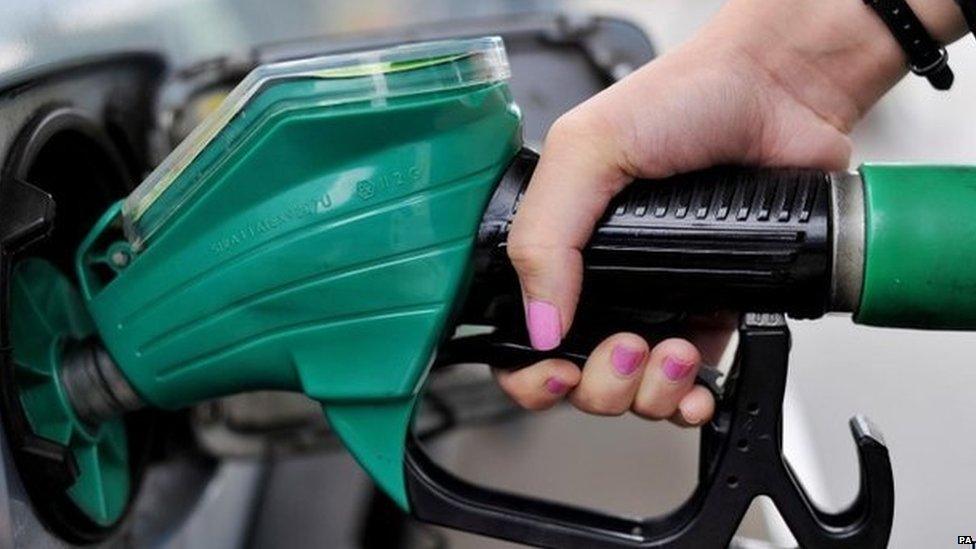
The price of petrol and diesel is directly linked to the price of oil
Falling prices at UK petrol pumps - now below £1 a litre in many places - have put about £3 a week back in the pockets of the average driver and boosted the British economy's feelgood factor.
That has been prompted by oil prices falling below $33 a dollar and has provided a fillip for the many businesses that rely on goods being driven around the UK and Europe.
Kamal Ahmed explains that it is "great news for consumers here", but bad news for the many global economies that rely heavily on exporting oil.
And, he says, that comes back to bite the UK because some of those nations are important buyers of British exports, exports they now struggle to afford.

Danger! Rising interest rates?
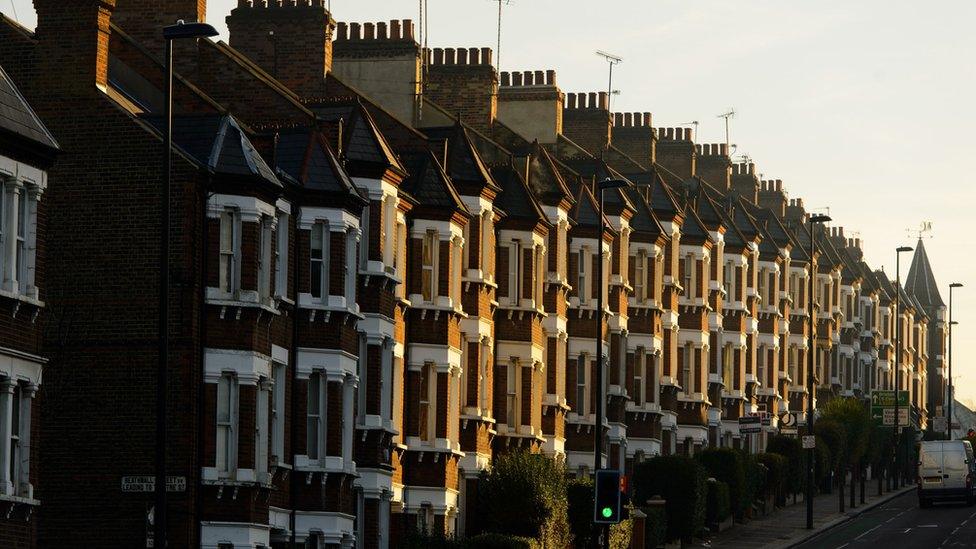
Many mortgage holders will face a increase in monthly repayments when interest rates rise
The UK interest rate - set independently by the Bank of England - has been held at 0.5% since 2009. Long gone are the monthly adjustments that affected how much it costs to borrow money and therefore determined the level of most mortgage repayments.
But rates are set to rise sooner rather than later - with expectation heightened by an interest rate rise in the US last month.
Kamal Ahmed explains that while the chancellor is hoping a UK increase will demonstrate a return to "normality", there is a concern about the impact on consumer confidence.
"The concern in the Treasury is that there are a lot of mortgage holders that have never experienced an interest rate rise," says Kamal.
But if the expected rise doesn't come and rates stay as they are, that would equally be a cause for concern for the Treasury.
Our correspondent explains: "They fear that because money is so cheap, people could be encouraged to overextend themselves because they're feeling 'the economy is back on track, I might just take on a little bit more borrowing'.
"There is a concern that we will take on too much personal debt. And that means there is a concern that when the interest rate rise eventually comes, the public reaction will be very negative - even though that rate rise will be a very small one."

Danger! Complacency
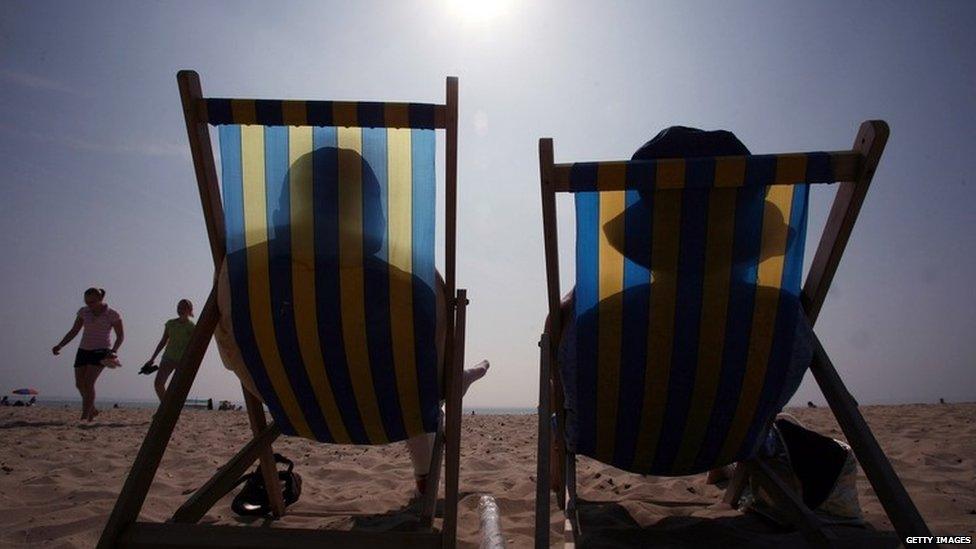
The chancellor is keen to stress that now is not the time to relax and be complacent
The chancellor himself points out that one of the biggest risks to the British economy recovery is "complacency".
The BBC's assistant political editor Norman Smith suggests Mr Osborne is using language designed to shake up the British electorate, and adds: "It reads like the trailer for an apocalyptic American action movie. It's deliberately done like that because he fears we are suffering from 'austerity fatigue'.
"His fear is that people are thinking 'things are pretty much ticking along OK, let's just take our foot off the gas and get back to the good old days'.
"The political intent is pretty clear. One is we are going to have to carry on with very difficult spending curbs."
Critics have pointed out that Mr Osborne himself would have encouraged that complacency by pushing such a positive line in his recent Autumn Statement, in which he used an unexpected £27bn windfall to rewrite his plans for spending and cuts.
So the warning about complacency can be seen as a clear attempt to re-emphasise the difference the economic approach of the chancellor and that of Labour - and to highlight what he says are the dangers of Jeremy Corbyn's anti-austerity message.
- Published7 January 2016
- Published4 January 2016
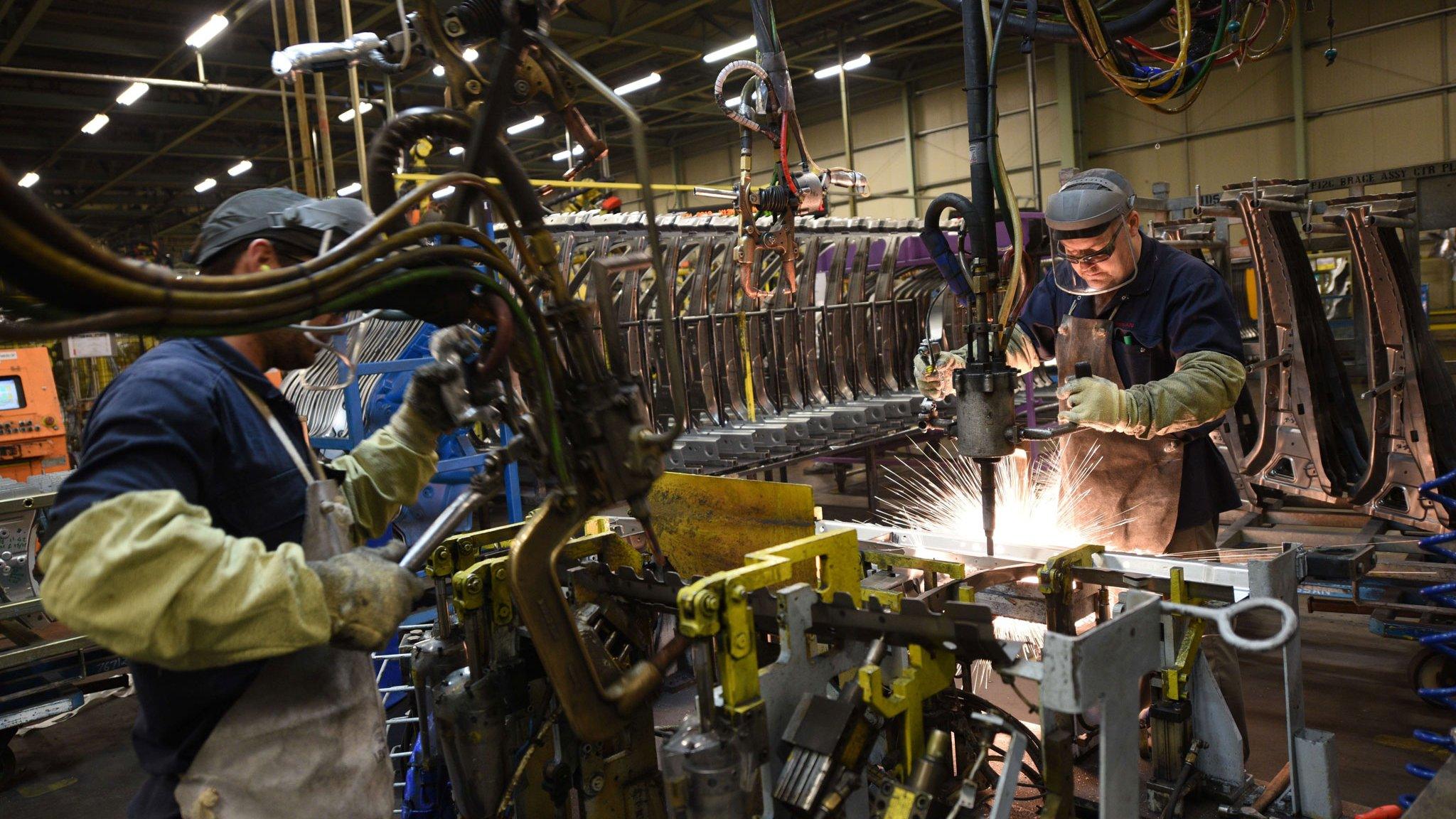
- Published7 January 2016
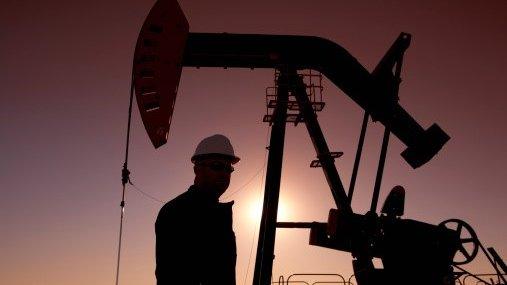
- Published7 January 2016
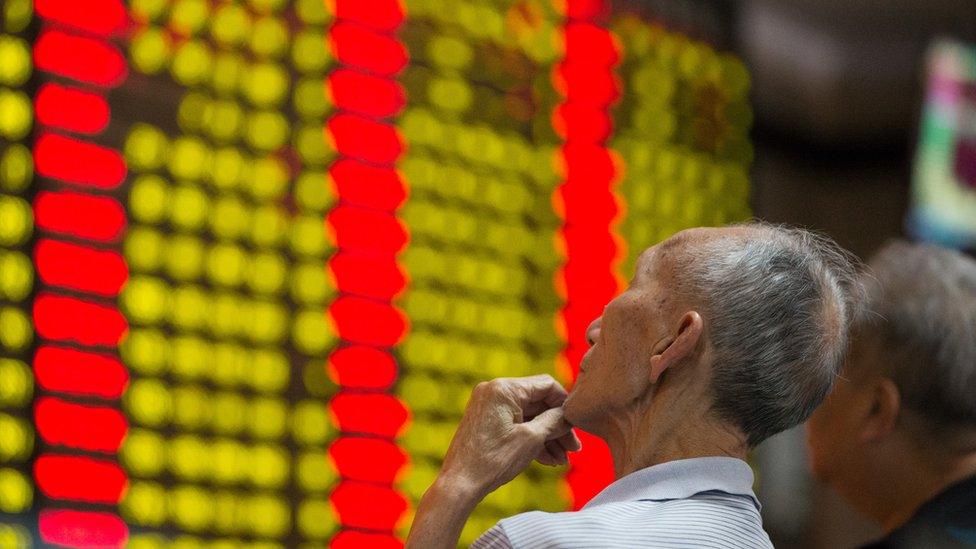
- Published6 January 2016

- Published6 January 2016
